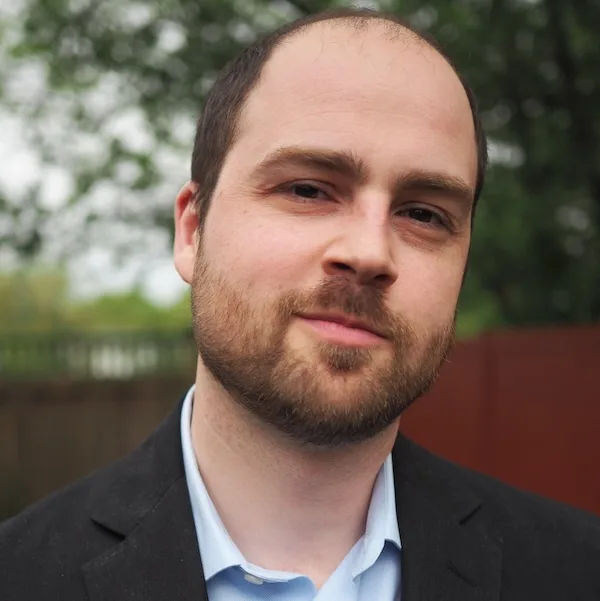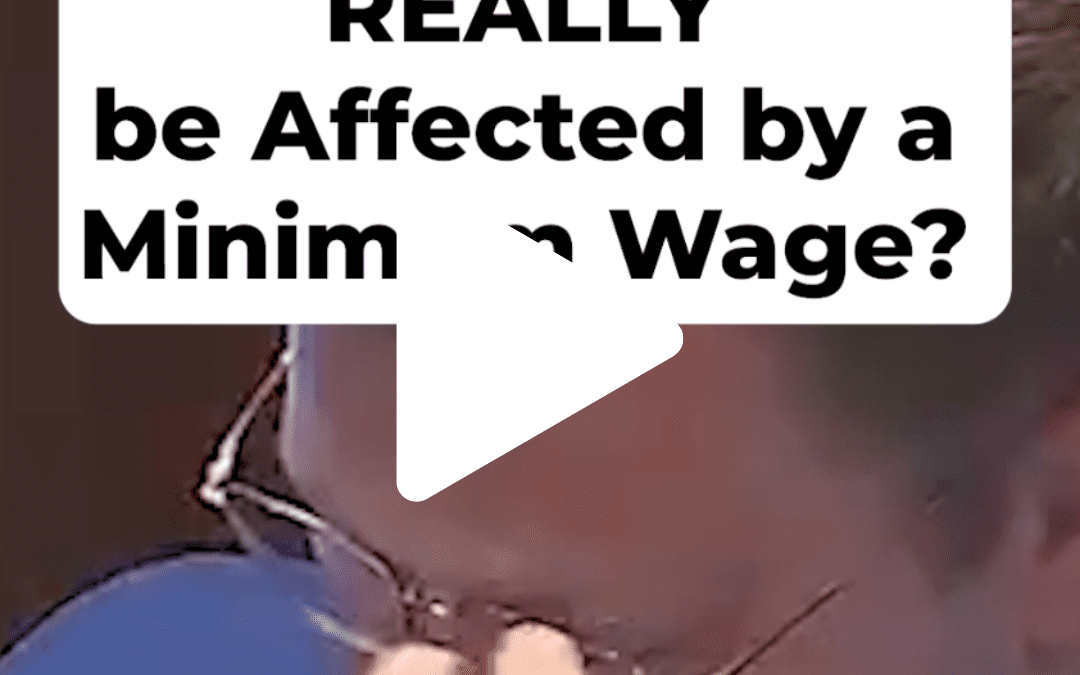
FILE - Virginia Gov. Glenn Youngkin speaks with reporters after an event where he and Ted Leonsis, owner of the Washington Wizards NBA basketball team and Washington Capitals HNL hockey team, announce plans for a new sports stadium for the teams, Wednesday, Dec. 13, 2023, in Alexandria, Va. Negotiations to lure the Capitals and Wizards to northern Virginia have “ended” and the proposal to create a development district with a new arena for the teams "will not move forward,” the city of Alexandria said in a statement Wednesday, Mach 27, 2024. (AP Photo/Alex Brandon, File)
As the dust continues to settle on the implosion of Republican Gov. Glenn Youngkin’s bid to bring two major league sports teams to Alexandria and he uses his veto pen to derail top Democratic priorities, the future of Virginia’s budget remains cloudy.
Youngkin has until April 8 to decide on what changes he wants to see to the two-year spending plan approved by the General Assembly in March. Lawmakers will then consider Younkin’s vetoes and amendments to the budget at a General Assembly session on April 17.
“We’re in an important, if relatively quiet, period in the budgetary process,” said Chapman Rackaway, a political science professor at Radford University.
Policy and spending disagreements around a digital sales tax and the income tax rate are among the issues Youngkin and Democrats need to settle in the coming weeks.
Youngkin has vetoed top Democratic priorities like an assault weapons ban, raising the minimum wage, and allowing retail marijuana sales. Democrats dashed Youngkin’s hopes of pulling off a legacy-making deal that would have publicly financed a new arena for the NBA’s Washington Wizards and NHL’s Washington Capitals in Alexandria.
“Gov. Youngkin did not make any progress on his arena deal because he did not make all that much of an effort to compromise with the Democratic majorities in the legislature,” said Stephen Farnsworth, a political science professor at the University of Mary Washington. “When you want something more than the other side does, you have to meet them more than halfway. He didn’t do that.”
Given Virginia’s good financial health, both Republicans and Democrats have room to find a compromise, Farnsworth said. For now, both sides appear to be at an impasse.
“The partisanship in Richmond is so deep that both sides seem much more likely to dig in their heels rather than move towards a compromise,” Farnsworth said.
After the General Assembly sends the budget back to Youngkin, he can either sign and complete the budget process, or veto the budget. If Youngkin vetoes the budget, the General Assembly would have to come back for a special session to hash out a final budget.
“The governor has not said he would veto the budget, but seems to be hinting that he would veto it if no changes were made,” said Rackaway.
Despite the public acrimony, both sides have expressed optimism a budget deal can be reached.
“We have a lot of work to do on the budget, but I am optimistic that we can in fact land a compromise common sense budget that can fund our shared priorities without raising taxes on Virginia families by $2.6 billion,” Youngkin said.
Del. Don Scott (D-Portsmouth), the speaker of the House of Delegates, told WVEC in Norfolk Democrats plan to continue to work with Youngkin on the budget.
“I will just ask people to continue to be patient,” Scott said. “We are going to continue to try to work with the governor to get things done.”
Politics

VIDEO: Prescription drugs are getting cheaper for seniors thanks to Biden’s Inflation Reduction Act
Prescription medication costs are falling by the thousands this year for more than a million American seniors due to President Biden’s Inflation...

Virginia Democrats fight to address underfunded, understaffed education system
Underfunded and understaffed schools across Virginia are watching and waiting for a new state budget that will determine the fate of their finances....
Local News

The zodiac signs of 12 iconic women offer insight into their historic accomplishments
Zodiac signs can tell you a lot about someone’s personality. Whether they’re an earth, water, air, or fire sign, these 12 categories (which are...

Virginia verses: Celebrating 5 poetic icons for National Poetry Month
There’s no shortage of great writers when it comes to our commonwealth. From the haunting verses of Edgar Allan Poe, who found solace in Richmond's...





